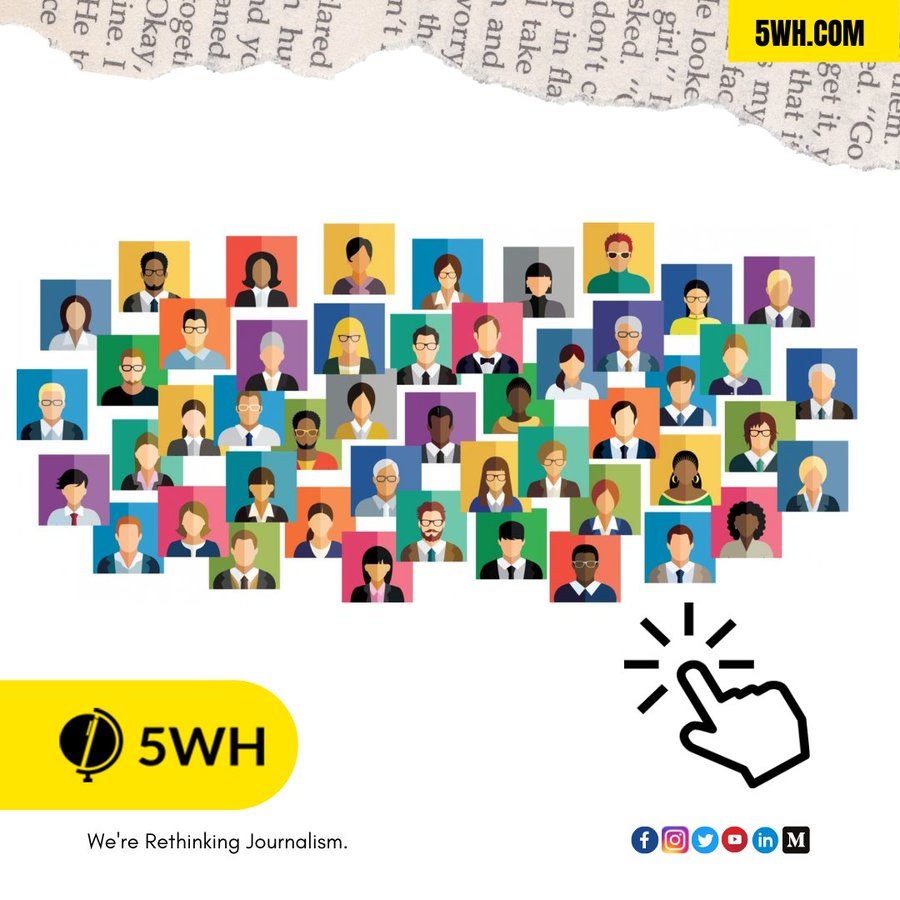
Freelancing Has Been Kind on My Blood Vessels
I would have freelanced for 10 years this June. As an untethered journalist my income has dropped precipitously. It is a fraction of what I earned as a salaried employee. I was mortified once when my chartered accountant told me I was in the lowest tax bracket.
It was not a hard landing, though. I had established my professional credentials in the organisation where I had worked for 18 years. The chief of the marketing department gave me a retainership of Rs 1 lakh a month. I had proposed an awards event for agricultural innovation. He had warmed up to the idea. I had managed to rope in a sponsor from Maharashtra, but the company wanted Prime Minister Manmohan Singh to give away the awards to innovative farmers and agri-businesses. That was in 2014, when Singh had decided to opt out of active politics. There was also a change of guard at the organisation I was working for. A tycoon had acquired it. The event did not happen and my retainership ended.
But I won the organisation a lucrative contract for a 10-part series on how to make Indian agriculture smart. My condition was that it would not be a discussion series, but one based on rural reportage. I thought of the theme, wrote the script, did the reporting and anchoring and sat on the video edits. For six months, I travelled with a small TV crew across the country. It was a great learning experience. Indian TV news organisations don’t much care for reporting. Reporting costs money; discussions, polls and surveys are cost effective. Freelancing gave me the opportunity to do what I liked: reporting.
There were other such deals, including a fellowship and a ghost-writing contract that have provided me an income cushion. Though my income has ebbed and flowed overall, I have been able not to dip into my savings but use current income to pay for current expenses. I keep tab of my daily expenses on an excel sheet, but I would rather grow my income than cut expenses, at least not to the extent that makes me miserable.
But costs have reduced. When I was employed, I was always stressed; shopping wastefully on weekends provided relief. With freelancing my stress levels have dopped considerably; I don’t have to be anxious about retaining my job or advancing in my career. But one misses the gregariousness of the office, the conversations, the parties, and the get-togethers. Freelancing is a lonely activity.
I did contemplate getting back to salaried employment – in journalism, corporate communications, and advocacy of public policy. But my applications rarely met with a response. Even after exploratory meetings, prospective employers would never drop a line that I had been passed over. One would wait in anticipation till the anger and frustration dissipated and one reconciled with reality. I have not applied in the past few years and now that I am past 60 can never do!
But there have been a steady stream of writing offers. Often, a new web publication starts exuberantly and accepts all the articles that one writes. Over time, it reckons it has a budget and starts rationing the offers. When that happens, another publication emerges. And the cycle continues.
In December 2015, I set up a website on agriculture which I populated with my reports. Since I wrote extensively, a former colleague (who is no more) who was the editor of a financial publications invited me to write on a fortnightly basis. We hit it off. He stood by me through thick and thin and except once, never dropped an article. The column was my calling card; it opened doors, though it did not pay well. I retain the website. It is an extension of my CV. When someone asks me what I do, I refer them to the website. It has all my articles on agriculture, and summaries of trending articles and reports. I tried monetising the website but gave up after some effort. A multi-person set up can have a firewall between editorial and marketing. This is not possible in a one-person outfit.
I am not good at marketing myself. But offers have come. The goodwill that I built during the years of salaried employment has helped. I also have a network of former colleagues who have more faith in me than I have in myself. I am quite disciplined and never miss a deadline.
Though freelancing gives one the option of being a free bird, its important not to be too choosy and let others displace you. Commissioning editors are under pressure; they want writers who can deliver. Job satisfaction is all very well, but one must also earn an income. Very often one needs to satisfy the job. One online publication wanted me to write a piece a week. The editor would suggest the theme. I was hesitant initially. I thought I would not be able to write convincingly on many issues. But I remembered reading that the next best thing to knowledge is knowing where to find it. Having practised journalism for more than three decades, I know where to find what. Writing a story to satisfy one’s own curiosity is a good way of approaching stories that one may otherwise find unappealing. This has helped me have a good strike rate. Last calendar, I wrote 78 pieces. This included speeches and blogs for others. It was down to 50 in 2020 because of the pandemic. In 2019, I wrote 76 articles. It’s a good idea to make a list of published articles, the names of the publication and the dates they were published. This helps in chasing payments.
Freelancing has made me a better person, I think. I am grounded. My organisation’s heft and my designation are not there to give me airs. I have very little stress. I am largely in control of my time. Rejection slips don’t faze me; in fact, there are no rejection slips anymore! I don’t do too badly financially. Psychic income also compensates. The Covid-19 pandemic has revealed to us that life is fragile. Corporate jobs are high-pressured ones. There is little point in killing oneself in the rat rate if one can step aside and cruise along.
(The writer was Economic Policy Editor, CNBC.)
 Vivian Fernandes
Vivian Fernandes







